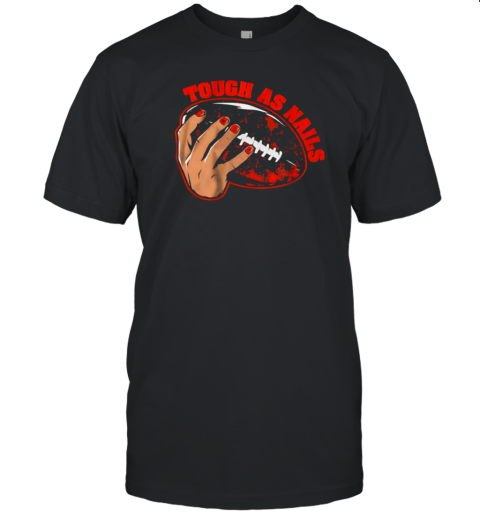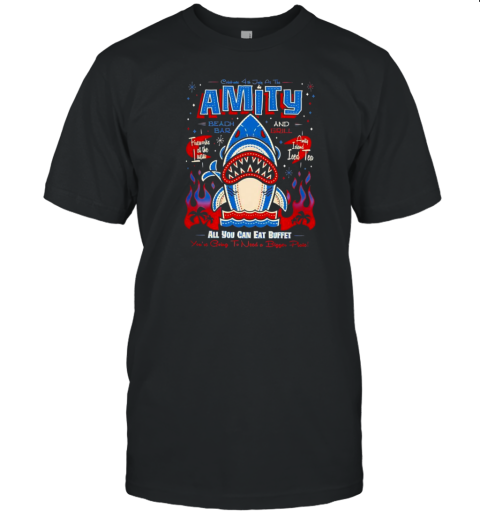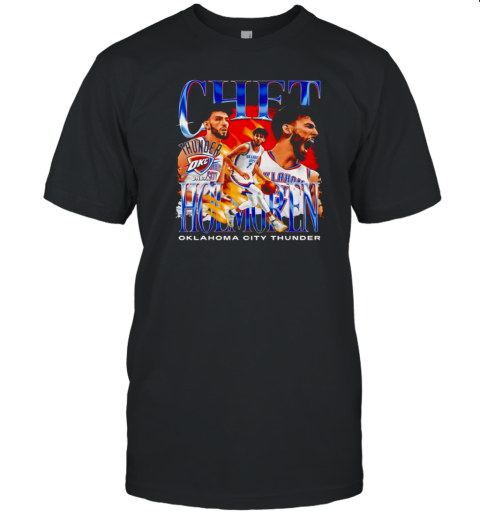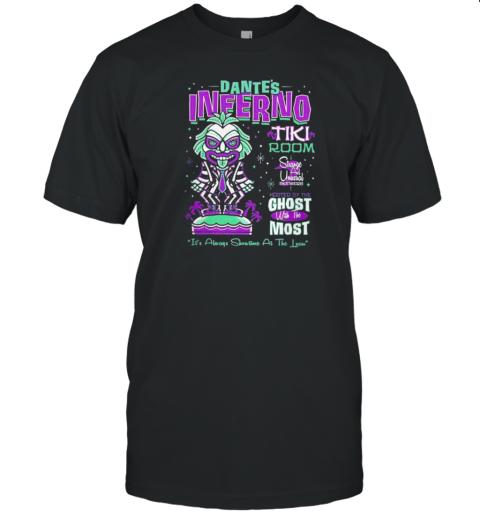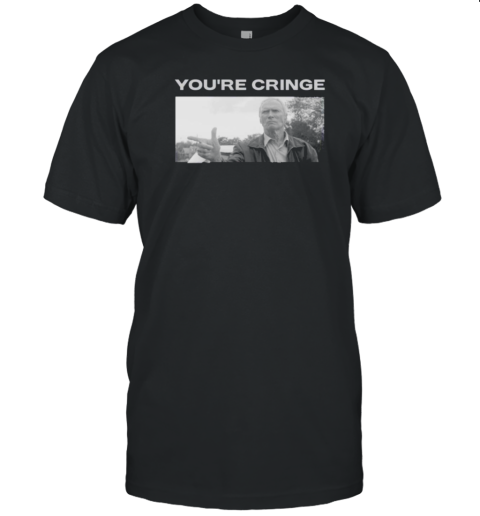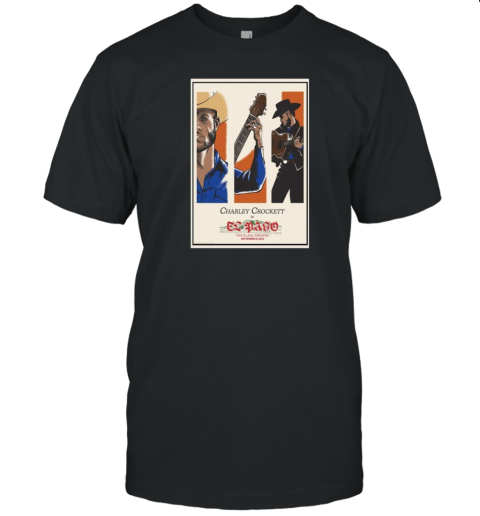Texas Rangers The Original Homeland Security 1836 T-Shirt
$27.99 Original price was: $27.99.$19.99Current price is: $19.99.
-
5% OFF 2 items get 5% OFF on cart total Buy 2
-
7% OFF 3 items get 7% OFF on cart total Buy 3
-
9% OFF 4 items get 9% OFF on cart total Buy 4
-
12% OFF 5 items get 12% OFF on cart total Buy 5

Texas Rangers The Original Homeland Security 1836 T-Shirt . Recent reports revealing that Dior suppliers in Italy paid a mere 53 euros to assemble a men’s accessory retailing more than 2,500 euros have cast a stark light on the economics of luxury goods. This staggering disparity between production costs and retail prices is not an anomaly in the world of high-end fashion, but rather an integral part of the industry’s business model.Now under investigation by Italian authorities, Dior on Wednesday condemned the supplier that had outsourced its production, stating: “The house of Dior firmly condemns these unworthy acts, which contradict its values and the code of conduct signed by these suppliers. They do not reflect the reality of the work of its artisans and the long-lasting links which exist with Italy.”WWD, which published details of the supply chain probe which also impacts Armani, reported Dior’s response that “certain articles mention entirely false facts, firstly in indicating that the suppliers in question produced women’s handbags when they were solely participating in the partial assembly of men’s leather goods; and secondly that the production costs of these bags are ridiculously low. It should be noted that the profit margin of the house of Dior is entirely in line with that of the luxury industry and nothing of the order indicated by these erroneous comments.”
Texas Rangers The Original Homeland Security 1836 T-Shirt, hoodie, sweater, longsleeve and ladies t-shirt
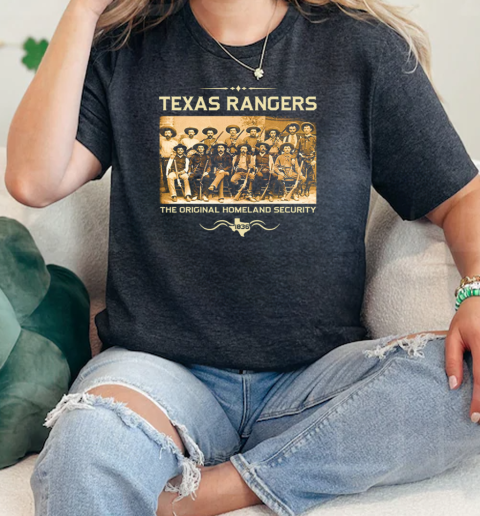
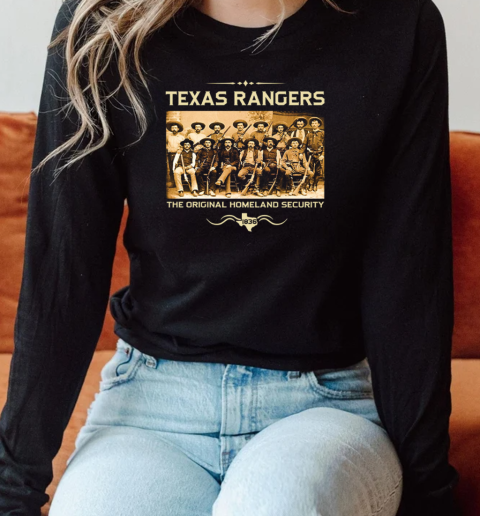
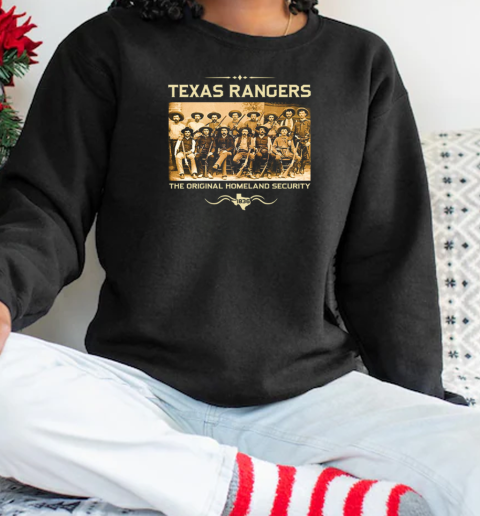

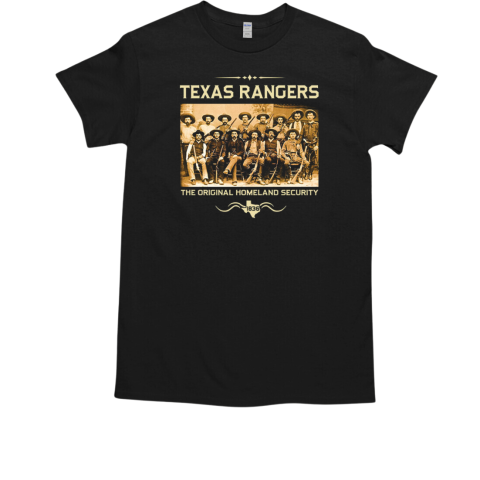
You Can See More Product: https://thekingstore.net/product-category/trending/

